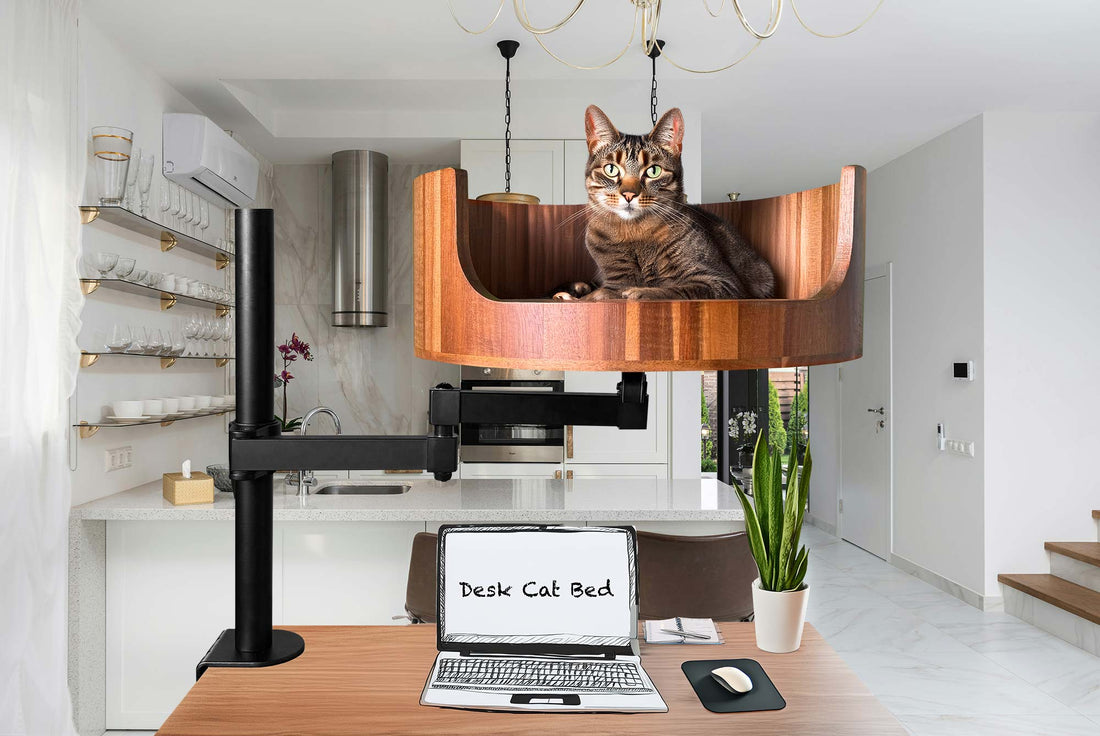
Why Does Cats Drool: Understanding Feline Salivation
Share
Have you ever noticed your cat drooling, and wondered why they do it? Cats drool for a variety of reasons, and understanding feline salivation can give insight into your furry friend's health and behavior. In this article, we will delve into the reasons why cats drool, including both normal and abnormal causes. From excitement to dental issues, we will explore the different factors that can contribute to your cat's drooling habits.
Feline salivation may not be a topic commonly discussed among cat owners, but it is an important aspect of understanding your pet's well-being. By learning more about why cats drool, you can better care for your feline companion and recognize when drooling may be a sign of a more serious issue. So, whether your cat is a notorious drooler or only drools occasionally, this article will help shed light on the reasons behind this common feline behavior.
1. Cats drool as a natural response to various stimuli, such as purring, kneading, or feeling relaxed.
2. Excessive drooling may indicate dental issues, oral infections, or underlying health problems that require veterinary attention.
3. Some cats drool more than others due to breed characteristics, age, or individual differences in saliva production.
4. It is important for cat owners to monitor their pet's drooling habits and seek veterinary advice if there are sudden changes or concerns.
5. Understanding feline salivation can help cat owners maintain their pet's oral health and overall well-being.
What Causes Cats to Drool?
There are several reasons why cats drool, ranging from excitement to medical conditions. Cats may drool when they are happy and content, such as during petting or kneading. Additionally, some cats drool in response to certain scents or flavors, similar to the way humans salivate when smelling food. However, excessive drooling can also be a sign of dental issues, mouth ulcers, or oral tumors, so it's essential to monitor your cat's drooling habits and consult a veterinarian if necessary.
Types of Drooling in Cats
Not all drooling in cats is the same. Some cats may only drool occasionally in response to specific stimuli, while others may have chronic or excessive drooling. It's important to differentiate between normal drooling behaviors and abnormal drooling patterns that may signal an underlying health issue. Observing your cat's drooling habits and discussing them with your vet can help determine the cause and appropriate treatment.
When to Worry About Your Cat's Drooling
While occasional drooling is usually nothing to worry about, chronic or excessive drooling may indicate a more serious problem. If your cat is drooling consistently, has a foul odor in its saliva, or exhibits other concerning symptoms like difficulty eating or bad breath, it's crucial to seek veterinary care promptly. Your vet can perform a thorough examination, including dental x-rays or blood tests, to diagnose the underlying issue and recommend a suitable treatment plan.
Treating and Managing Cat Drooling
The treatment for cat drooling depends on the underlying cause. If the drooling is due to excitement or normal grooming behavior, no treatment may be necessary. However, if dental problems, oral infections, or other health issues are responsible for the drooling, your vet may recommend a combination of treatments like dental cleanings, antibiotics, or dietary changes. It's essential to follow your vet's recommendations and monitor your cat's drooling habits to ensure they improve over time.
Frequently Asked Questions
Why do cats drool?
Cats may drool for a variety of reasons, including excitement, stress, happiness, or health issues. It is important to observe your cat's behavior and consult with a veterinarian if you are concerned about excessive drooling.
Is it normal for cats to drool?
Some cats may drool occasionally, which can be considered normal. However, if you notice a sudden increase in drooling or if your cat is drooling excessively, it is best to have them checked by a vet to rule out any underlying health issues.
Can the Desk Cat Nest help with drooling in cats?
The Desk Cat Nest is designed to provide a comfortable and calming space for your cat, which may help reduce stress and anxiety that could be contributing to excessive drooling. However, it is not a guarantee that the Desk Cat Nest will stop your cat from drooling completely.
What should I do if my cat is drooling excessively?
If your cat is drooling excessively, it is important to take them to the vet for a thorough examination. Excessive drooling can be a sign of dental problems, oral infections, or other serious health issues that need to be addressed by a professional.
In conclusion, providing your cat with a comfortable and supportive sleeping environment, such as a Desk Cat Bed, can help alleviate stress and anxiety that may be contributing to excessive drooling. This cat bed offers a cozy spot for your feline friend to relax and unwind, promoting relaxation and reducing the likelihood of drooling episodes. With its plush cushioning and ergonomic design, the Desk Cat Bed is a valuable choice for cat owners looking to address their pet's drooling behavior and improve their overall well-being. Make the smart choice for your cat's comfort and health by investing in a Desk Cat Bed today.



















































